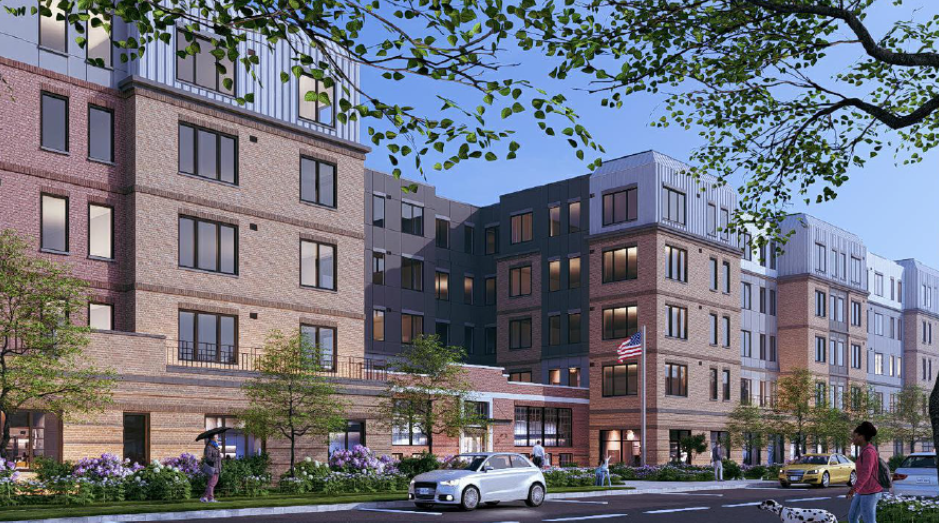Most of us in the commercial real estate world are familiar with the forward 1031 Exchange, a tax-deferral strategy allowing investors to defer capital gains tax when selling investment or business property by reinvesting the proceeds in like-kind property. As a refresher, a forward 1031 Exchange begins when an investor contracts to sell her property or properties, commonly referred to as the “Relinquished Property”. At closing on the Relinquished Property, the investor will not directly receive the proceeds from the sale. Instead, a Qualified Intermediary (“QI”) holds them, and eventually uses them to purchase the investor’s new property or properties, commonly referred to as the “Replacement Property”. There are two deadlines that are essential to completing the forward 1031 Exchange:
- The investor must identify a Replacement Property that she wants to purchase within 45 days of closing on the Relinquished Property.
- The investor must purchase the Replacement Property within 180 days of closing on the Relinquished Property.
If all goes according to plan, and the Replacement Property is of equal or greater value than the Relinquished Property, all capital gains tax that would have been owed will be deferred.
But what happens when the perfect property hits the market, the investor sees it, and thinks “this is exactly what I am looking for, I need to buy it now!”, but has yet to list a currently-owned property for sale? Is it possible to use a different form of 1031 Exchange? Yes, the investor can use a reverse 1031 Exchange.
The reverse 1031 Exchange is a lesser used, but equally powerful tax-deferral strategy. The reverse 1031 Exchange is, as the name suggests, really just the reverse of a forward 1031 Exchange. However, due to the rule that investors cannot hold title to both the Relinquished Property and Replacement Property at the same time, there are a few more steps to the reverse 1031 Exchange.
There are variations on the reverse 1031 Exchange, but the most common way to complete a reverse 1031 Exchange is described here. First, the investor contracts to purchase the Replacement Property. The investor will assign the contract to an Exchange Accommodation Titleholder (“EAT”), the entity that will initially take title to the Replacement Property, commonly referred to as “parking” the Replacement Property. The terms of the arrangement between the investor and EAT must be documented in a Qualified Exchange Accommodation Agreement (“QEAA”). The QEAA will provide how the EAT will hold, maintain and ultimately transfer the Replacement Property. A QEAA may also include a lease agreement allowing the investor to operate on the Replacement Property while owned by the EAT. The EAT will then purchase the Replacement Property and hold title to it until the reverse 1031 Exchange is complete.
In addition to entering into the QEAA and parking the Replacement Property, the investor must once again meet two deadlines that are essential to completing the reverse 1031 Exchange:
- The investor must identify a Relinquished Property that she wants to sell within 45 days of closing on the Replacement Property.
- The investor must actually sell the Relinquished Property within 180 days of closing on the Replacement Property.
Once the Relinquished Property is sold, the proceeds go to a QI. The QI uses the proceeds to buy the Replacement Property from the EAT. Just like with a forward 1031 Exchange, all capital gains tax will be deferred if the Replacement Property is of equal or greater value than the Relinquished Property. The final step of the reverse 1031 Exchange is conveying title to the Replacement Property to the investor. Frequently, this is done by conveying the membership interest in the LLC—the EAT often creates an LLC to take title to the Replacement Property—to the investor to avoid paying transfer tax. Once the investor takes title to the Replacement Property, the reverse 1031 Exchange is complete.
If you want to explore whether a forward or reverse 1031 Exchange is a good option for you, please contact Antonia Miller (amiller@thelandlawyers.com). For other tax advice or estate planning inquiries, please contact Charles McWilliams (cmcwilliams@thelandlawyers.com).
This article was written jointly by Antonia Miller and Emily Stubblefield both with the firm’s Real Estate Transactions Practice Group.







